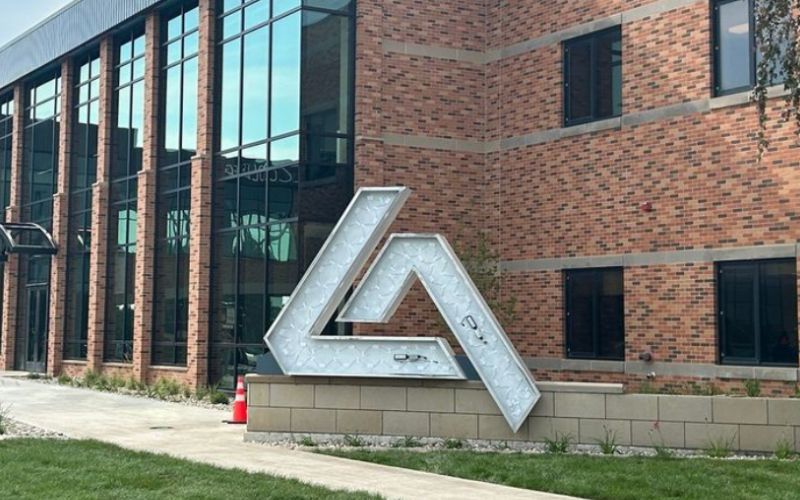
- Details
- By Elyse Wild
South Dakota’s Lake Area Technical College is offering full-ride scholarships for Native American students pursuing a career in building.
The Lake Area Technical College scholarship includes tuition, books, materials and fees. Students can use the scholarship to learn residential design, site preparation, concrete work, ventilation, and more.
Eligible applicants must be first or second-year trade students at the school, be South Dakota residents, and be members of a federally recognized tribe.
Lake Area Technical College, located in Watertown, South Dakota, was founded in 1965 as the first technical school in South Dakota. The school now has 31 programs and more than 2,600 enrolled students.
Scholarships have no deadline, and can be filled out online at: https://www.lakeareatech.edu/foundation/scholarships/
More Stories Like This
Bard College Center for Indigenous Studies (CfIS) Hosts Annual Symposium With Keynote Speaker Miranda Belarde-Lewis on March 9–10American Indian College Fund Announces Spring 2026 Faculty Fellow Cohort
Navajo Nation Signs $19 Million Diné Higher Education Grant Fund Act into Law
Dr. Shelly C. Lowe to Be Inaugurated as IAIA President March 26–27
Tlingit Language Courses Expand for Students to Learn With Families At-Home
Help us defend tribal sovereignty.
At Native News Online, our mission is rooted in telling the stories that strengthen sovereignty and uplift Indigenous voices — not just at year’s end, but every single day.
Because of your generosity last year, we were able to keep our reporters on the ground in tribal communities, at national gatherings and in the halls of Congress — covering the issues that matter most to Indian Country: sovereignty, culture, education, health and economic opportunity.
That support sustained us through a tough year in 2025. Now, as we look to the year ahead, we need your help right now to ensure warrior journalism remains strong — reporting that defends tribal sovereignty, amplifies Native truth, and holds power accountable.
 The stakes couldn't be higher. Your support keeps Native voices heard, Native stories told and Native sovereignty defended.
The stakes couldn't be higher. Your support keeps Native voices heard, Native stories told and Native sovereignty defended.
Stand with Warrior Journalism today.
Levi Rickert (Potawatomi), Editor & Publisher


